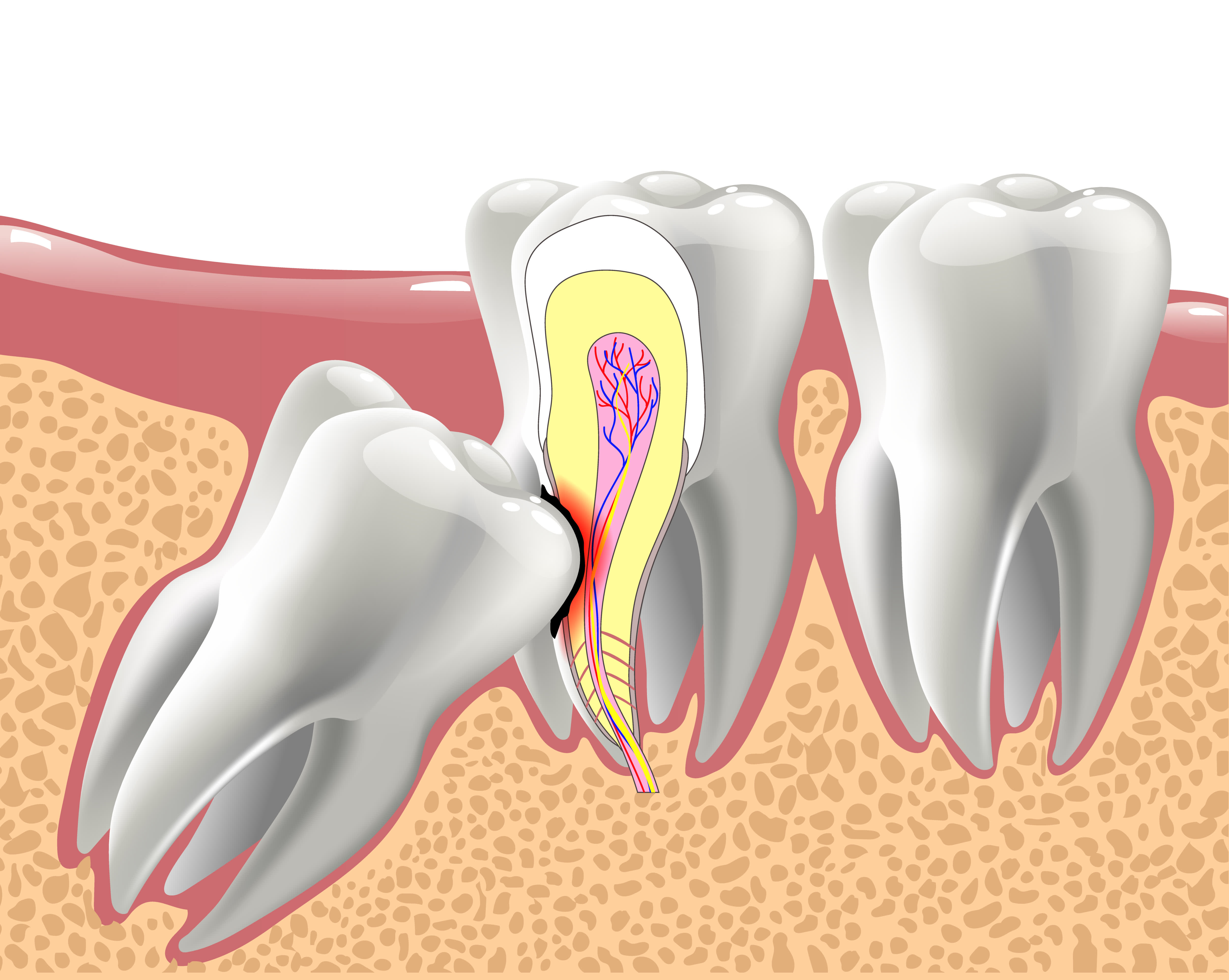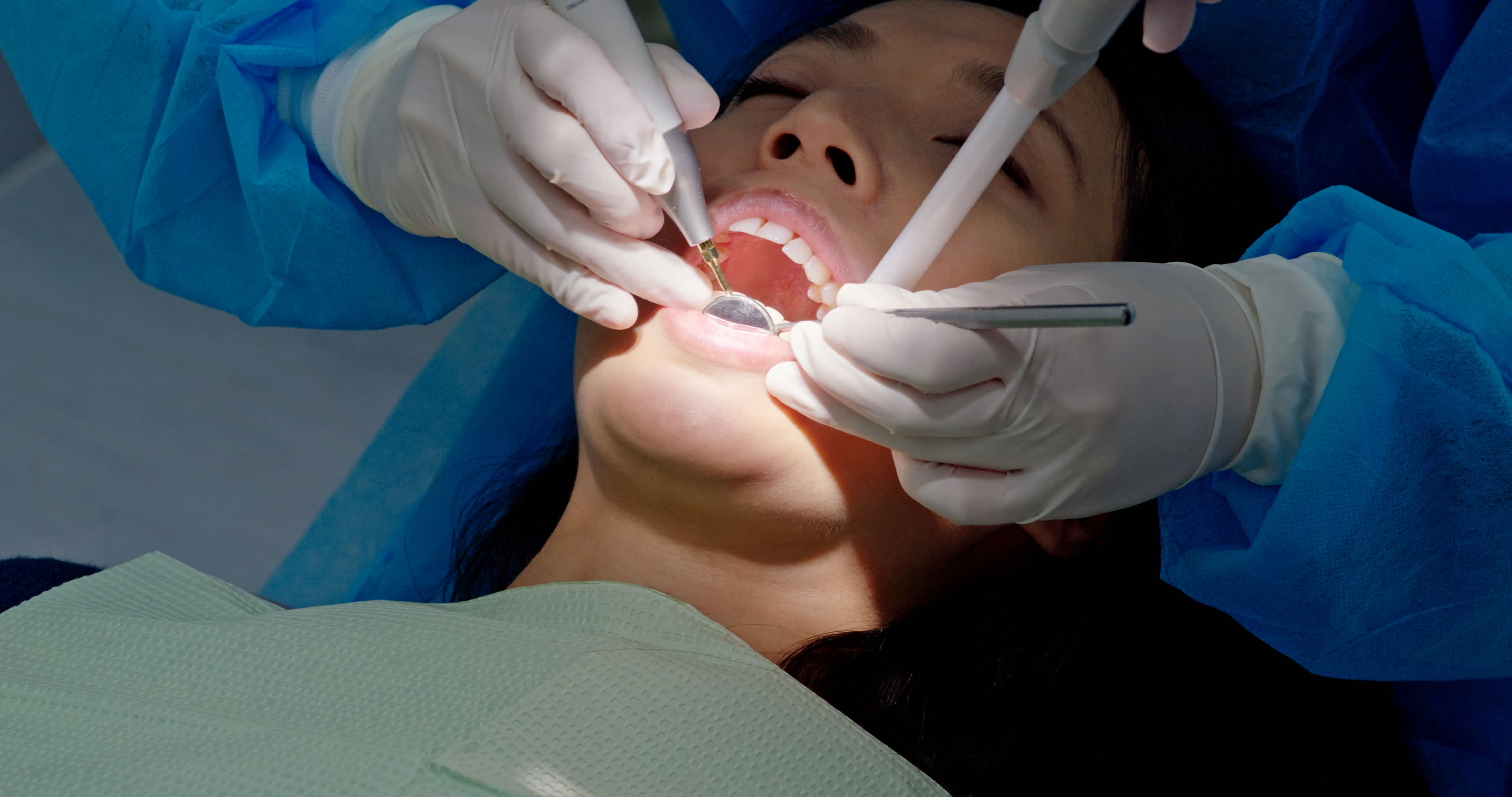Ignorance could be bliss when it comes to certain things but your health is not one of them. Here are things to ask before a wisdom teeth extraction.
1. Do I really have to do it? Why?
 Some people believe that removing wisdom teeth is a waste of time if they aren’t causing any problems. Others go to the other extreme and think that wisdom teeth will only cause trouble and have no real function anyway. There are actually good reasons to carefully consider whether you should have them removed. Wisdom teeth will usually end up causing problems and leave you with unattractive teeth. We also do not need wisdom teeth anymore.[1]
Some people believe that removing wisdom teeth is a waste of time if they aren’t causing any problems. Others go to the other extreme and think that wisdom teeth will only cause trouble and have no real function anyway. There are actually good reasons to carefully consider whether you should have them removed. Wisdom teeth will usually end up causing problems and leave you with unattractive teeth. We also do not need wisdom teeth anymore.[1]
Sometimes impacted wisdom teeth do not cause symptoms. However, when an impacted wisdom tooth becomes infected, it damages other teeth and causes other dental problems. When this happens, you might experience these symptoms below:
- Pain at the back of your mouth, behind the molars
- Jaw pain
- Redness gums
- Tenderness or swelling gums
- Swelling around the jaws
- Bad breath
- Unpleasant taste in your mouth
- Difficulty opening your mouth
2. How much is it?
The Ministry of Health website shows that the average fee per tooth costs $700 in government hospitals and $1500 in private ones. [2]
Procedure
Cost
Consultation
$100
X-ray
$150
CT Scan (if required)
$400
Wisdom tooth extraction
$800 per tooth
Wisdom tooth surgery
$1500 per tooth
3. Will there be any potential problems?

An impacted wisdom tooth can result in pain, damage to other teeth, and other dental problems. In other cases, wisdom teeth that are impacted do not cause immediate problems. But because they are hard to clean they tend to be more vulnerable to tooth decay and gum disease than other teeth are.
An impacted wisdom tooth that causes you pain or causes other dental complications is usually removed. Some dentists and oral surgeons also recommend wisdom teeth removal that does not cause symptoms to prevent problems in the future. [3]
4. Are there any other ways apart from extraction?
There is a procedure called Coronectomy. Coronectomy is the surgical removal of the crown of a tooth, deliberately leaving part of the tooth’s roots behind. [4]
Coronectomy is a treatment option involving the removal of the crown of the lower wisdom tooth while keeping the roots of healthy patients over 25 years old in place. This option is given to patients as an alternative to extraction when the wisdom teeth are in close proximity to the inferior alveolar nerve. It is also used to prevent damage to the nerve which may occur during extraction.
5. Do I need sedation?
 Yes, you need sedation.
Yes, you need sedation.
Before having your wisdom teeth removed, you will be given local anaesthetic to numb the tooth and around the area. If you are particularly anxious about the procedure, your dentist or dental surgeon may give you a sedative to help you relax. This will usually be an injection into your arm.
A general anaesthetic is rarely needed for wisdom tooth removal. It is only occasionally used when the procedure is carried out in a hospital. Although, in this case, you can still be able to go home on the same day as the procedure.












